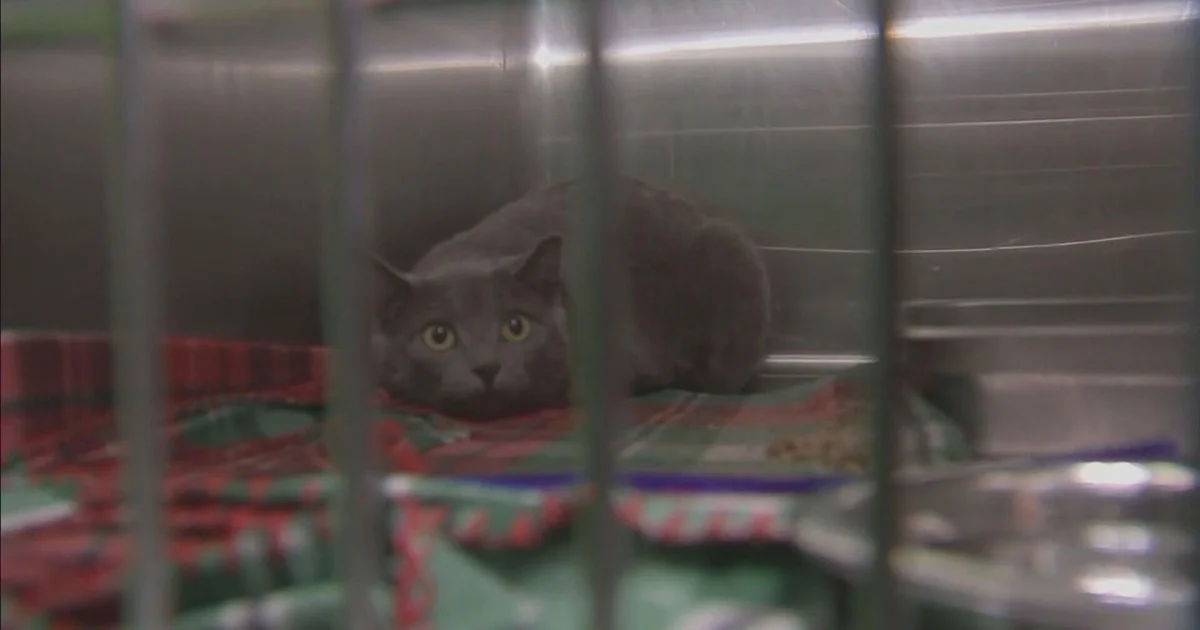Updated on: April 29, 2025 / 10:10 PM MDT / CBS Colorado
The threat of the avian flu continues to increase as household cats are experiencing increased levels of infections and deaths. Researchers at Colorado State University are helping Colorado and other states study the virus, also known as bird flu, in animals.
 CBS
CBS
“We are doing the testing in our bio safety level three laboratory,” said Kristy Pabilonia, executive director of veterinary diagnostic laboratories at CSU.
Avian flu, scientifically identified as H5N1, has been growing in concern throughout the United States for years now.
Initially, it predominantly threatened poultry and dairy farms, as the infection was being transmitted by wild bird to the farms. Some farmers have been forced to destroy their entire flock of chickens and hens as a result of infections, and dairy farms have been able to track the virus through cattle and their milk.
However, in recent months, researchers have seen the virus spreading toward the everyday American household.
“That is concerning because we have been seeing very severe clinical illness in people’s pet cats,” Pabilonia said.
While human infections are still rare at this time, researchers at CSU say cats that have contracted the bird flu are not faring well.
“The vast majority of cats are passing away from the disease,” Pabilonia said.
Infected cats have demonstrated neurological issues, including inability or difficulty to walk.
While infected cats initially were linked back to living on dairy and poultry farms, there is an uptick in cats being diagnosed in more urban settings.
“Most of the cats we are seeing have exposure to wild birds or raw pet food,” Pabilonia said.
CSU’s researchers have learned many impacted cats have had contact with other infected animals, including birds or wildlife that were already carrying the disease.
Other times, infected cats have consumed raw milk or pet food, including some that were sold at retail locations.
Pabilonia encouraged cat owners to limit their pet’s exposure to raw milk or food. She also suggested cats avoid exposure to diary or poultry farms.
If possible, it is suggested that owners keep their cats indoors as much as possible to limit their chances of coming in contact with a wild animal or bird.
In Colorado, 10 confirmed human cases of bird flu have been reported by the CDC since 2024. One human case was confirmed in the state in February of this year. A person in Louisiana died after being hospitalized for Avian flu back in January. They are the first and only reported death due to H5N1.
Researchers at other labs have noted in recent weeks the bird flu doesn’t carry a significant threat to humans at this time. However, some have also warned that the disease could grow into a new pandemic if not addressed properly and quickly.
“We know this virus can transmit to people,” Pabilonia said. “Although human infections have been rare, that is a possibility.”



